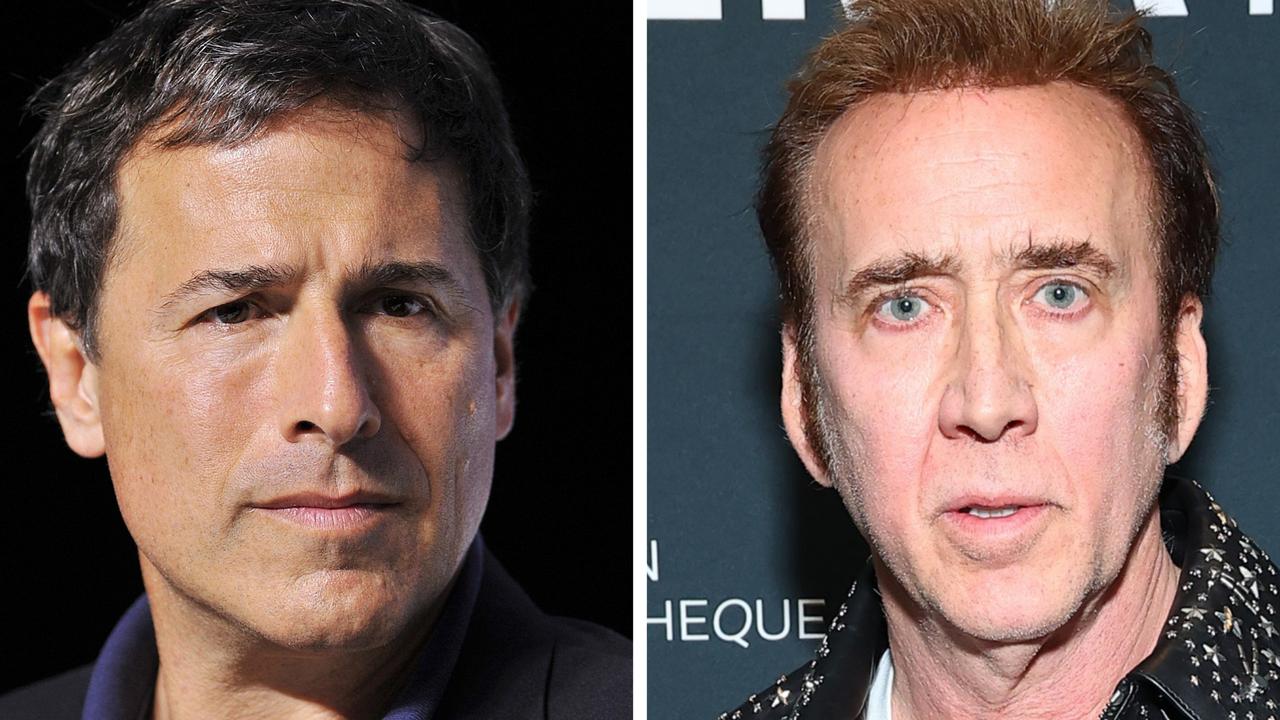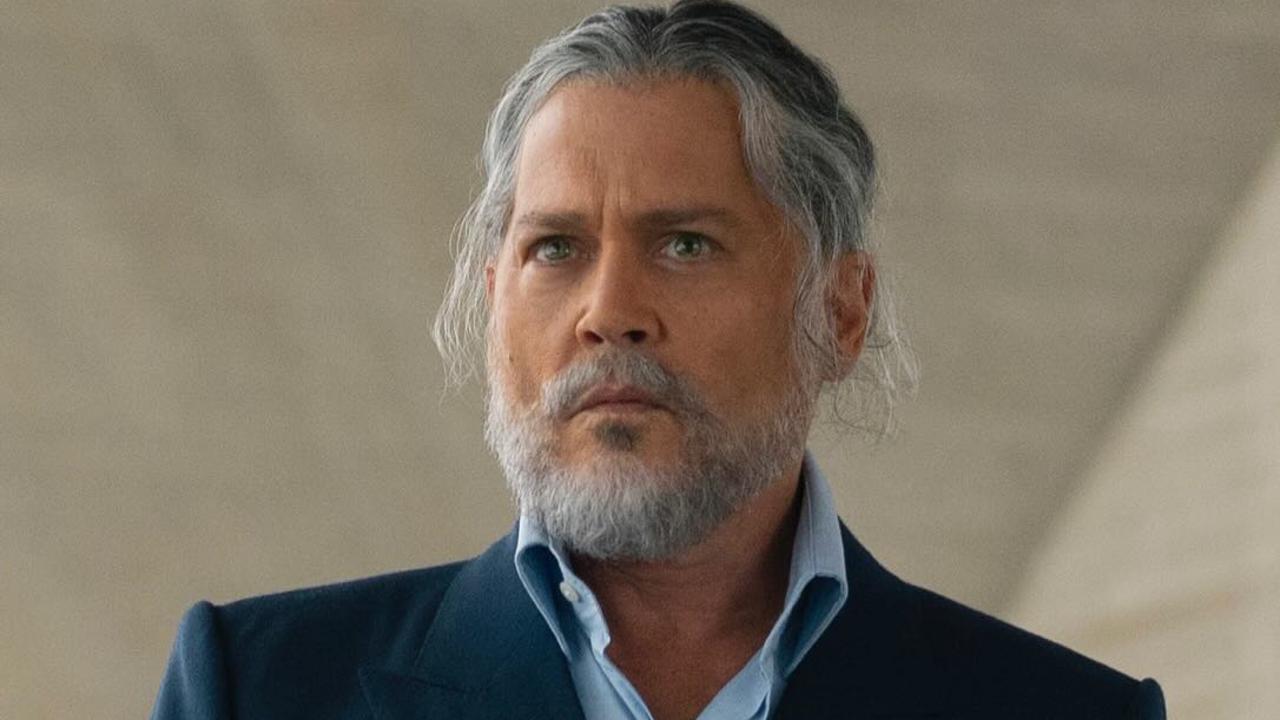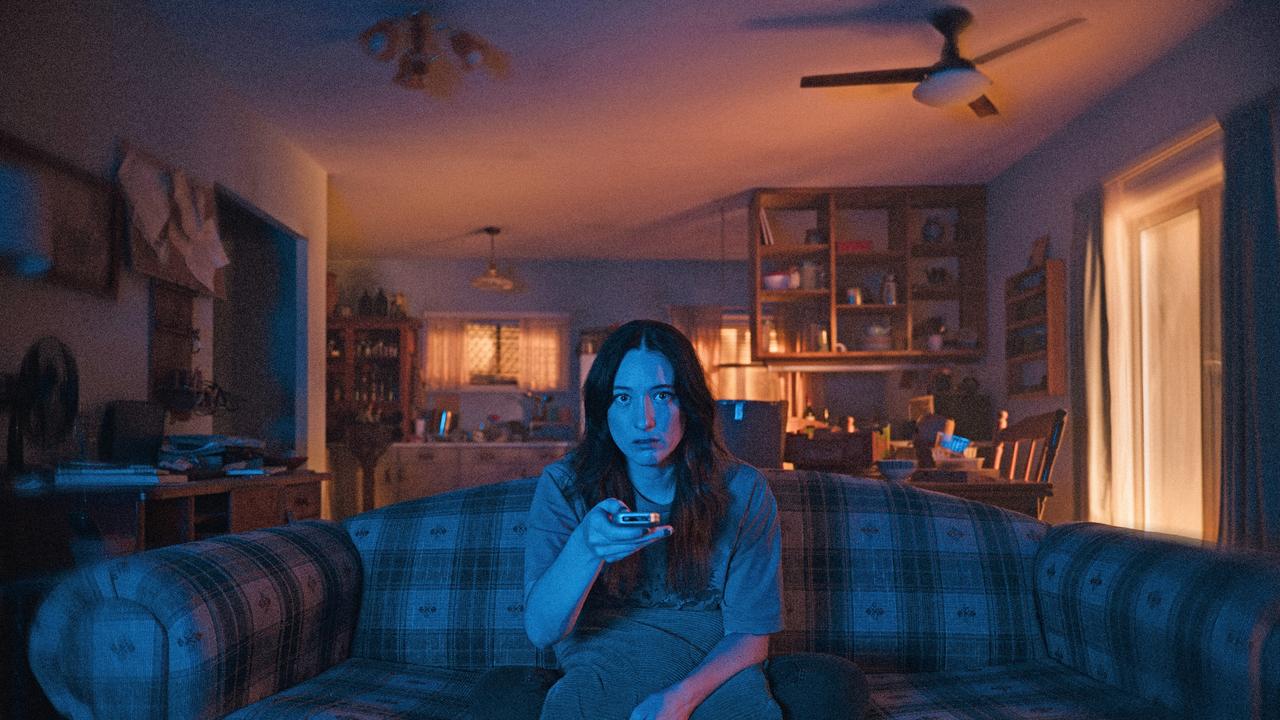Controversial movie’s imminent release sparks chaos in India
ANGER over a reported love scene in a controversial movie has reached new levels. The actors have received death threats and now women are threatening to burn themselves to death.
Upcoming Movies
Don't miss out on the headlines from Upcoming Movies. Followed categories will be added to My News.
INTENSE debate about an upcoming film has reached new levels in India — as around 100 women have threatened to burn themselves to death.
The movie, called Padmaavat, has caused a stir because of a reported controversial love scene. The leading actor has even received threats to have her nose cut off and her life taken because of the scene — which the filmmakers say does not even exist.
This week, around 100 female members of the Kshatriya community in the city of Chittorgarh, Rajasthan in northwest India, have threatened to perform “jauhar” (self-immolation) if the screening of the film is not stopped by the government, according to reports from the Times of India.
A representative for the community, Virendra Singh, told the Times that national highways and railway tracks across Chittorgarh would be blocked to protest the film’s upcoming release on Thursday. The community is trying to put pressure on Indian Prime Minister Narendra Modi to ban the film.


“A request will be made to him as well to stop the screening of the film,” Virendra Singh, told the Times. “But, if despite all these measures the film is released, the women of Kshatriya Samaj will perform jauhar on January 24 — the day when the queen performed jauhar — and at the same site.”
He is referring to Rani Padmini, a legendary 13th-14th century Indian queen who is mentioned in Padmaavat, an epic fictionalised poem on which the controversial film is based.
Right-wing Hindu groups have become incensed by the film which is rumoured to feature a romantic dream sequence involving a mythical Hindu queen and an invading Muslim sultan.
In November, a member of India’s Hindu nationalist ruling party even offered 100 million rupees ($2 million) to anyone who beheads the female lead actor Deepika Padukone and the director Sanjay Leela Bhansali.
Despite the protests and threats, the film was cleared by India’s Central Board of Film Certification (CBFC) after five modifications.
On Thursday, India’s Supreme Court suspended an attempted ban on the film imposed by four Indian states — Madhya Pradesh, Haryana, Rajasthan and Gujarat.
The move basically gives the green light for the release of the film countrywide. The ruling also restrains other states from issuing similar orders.
The development has been seen by some as a victory for freedom of expression in India.
Best news of the day which restores faith in our democracy : Supreme Court suspends ban imposed by 4 states on #Padmaavat, restrains other states from issuing similar orders.
— Ayushmann Khurrana (@ayushmannk) January 18, 2018
Finally a verdict which was being awaited by millions #Padmaavat is coming finally 😢 don't knw about the others but I cried happily after looking the verdict by supreme Court thanks a lot ðŸ‘✌ 🙠@deepikapadukone @RanveerOfficial @shahidkapoor @versatilefan @ShobhaIyerSant
— padmaavat- â¤â¤ aadimenaria (@aadimenaria) January 18, 2018
“Cinemas are an inseparable part of right to free speech and expression,” Chief Justice Dipak Misra told reporters.
“States ... cannot issue notifications prohibiting the screening of a film.”
The film is based on a 16th century Sufi epic poem in which a Rajput queen chooses to kill herself rather than be captured by the Muslim sultan of Delhi, Allaudin Khilji.
Over centuries of its retelling, the epic has come to be seen as history, despite little evidence.
Padukone plays Padmini, the legendary queen who committed “jauhar”, the medieval Rajput practice in which female royals walked into funeral fires to embrace death over the dishonour of being taken captive.
Protests started early last year when fringe groups in the western state of Rajasthan attacked the film’s set — threatening to burn down cinemas that show it and even physically attacking its director, Bhansali.

Most of the anger appears to stem from allegations that Bhansali filmed a romantic dream sequence between the protagonists, which Bhansali has denied.
In November, Karni Sena, head of the Rajput in Rajasthan, said Padukone should have her nose cut — a symbol of public humiliation — for being part of a film that allegedly insulted the famed queen.
After months of intimidation and protests, the producers of the movie, Viacom18 Motion Pictures, issued a statement Sunday announcing its December 1 release date had been “voluntarily deferred”, according to CNN.
The controversy comes amid an upsurge of Hindu nationalism since Prime Minister Modi came to office in 2014.
Originally published as Controversial movie’s imminent release sparks chaos in India







